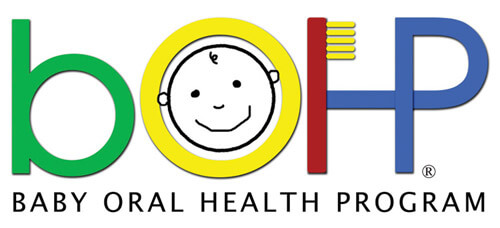Dental Health Information
At Springs Village Dentistry, we want you to think of us as a trusted resource to use when it comes to looking after your smile. If you ever have any questions about your oral health or about dental care in general, please don’t hesitate to ask. We’re here to help!
Contact UsCommon Dental Terms
Abscess
A pocket of pus caused by infection
Amalgam
A silver tooth filling
Bitewing
A common type of X-ray taken of the upper and lower teeth where the teeth touch each other
Bruxism
The condition of teeth grinding, typically when a person is sleeping
Calculus
Also known as tartar; plaque that has built up and hardened on your teeth
Caries
Formal term for tooth decay
Endodontics
A branch of dentistry that is focused on treating the pulp (nerves and blood vessels) inside teeth
Fluoride
A natural mineral used in treatments to strengthen teeth
Gingivitis
The early form of gum disease where gums are inflamed and bleeding
Occlusion
How the upper and lower teeth fit together
Prophylaxis (or Prophy)
Teeth cleaning to prevent future problems.
Radiograph
An X-ray
TMD
Temporomandibular joint disorder/dysfunction; pain or problems associated with the joint that controls moving the jaw
Xerostomia
Dry mouth due to lack of saliva
Preventive Dental Care
We’ve seen all too often how people will wait to visit the dentist until they are in pain or they have a serious condition that can’t wait to be addressed any longer. But with regular trips to the dentist and great at-home care, you can prevent these serious issues from ever coming up in the first place. That means saving time, money, and stress when it comes to your future dental care. Just think of the famous saying, “an ounce of prevention is worth a pound of cure!”
At-Home Care
The first step of preventive dental care is simply taking care of your oral hygiene at home. That means brushing your teeth twice a day, at morning and at night. Don’t forget to brush all the surfaces of your teeth and your tongue too! We also recommend using a fluoride toothpaste and flossing at least once a day.
Routine Dental Visits
While brushing and flossing on a regular basis will help keep your teeth and gums healthy, it’s important to still visit the dentist every six months. During these visits, we provide a professional cleaning that gets at all the difficult-to-reach places. We also perform a thorough exam where we look at your mouth as a whole to make sure there are no concerns, whether that’s gum disease, an issue with your bite, oral cancer, or something else. The sooner we can catch a problem, the sooner we can set you on a path to treatment.
Children’s Dentistry
At Springs Village Dentistry, we welcome children of all ages.
When should my child first see the dentist?
The common recommendation is that children see the dentist either by their 1st birthday or within six months after their first tooth erupts. After that, the general rule is to then bring them to the dentist every six months.
What should I expect at my child’s first visit?
These initial visits are mainly about your child getting to know, and feel comfortable with, the dentist. It’s important to show kids from an early age that dental visits don’t have to be scary so they can continue to maintain great oral health as they grow up.
During these first visits, we will check for any decay, look at bite alignment, and see if there are any additional problems with the gums or jaw. We may also take X-rays and provide a teeth cleaning. At the end of the appointment, we’ll also go over tips for at-home care and any necessary next steps.
We’ve found that morning dental appointments are more productive for children because they are more alert early on in the day.
What if my child is afraid of the dentist?
We understand that many children can be anxious about a trip to the dentist. At first, it can seem like a scary, unfamiliar place, but we work hard to ensure kids feel safe and comfortable in our care.
If your child is nervous, you can bring them in before their scheduled visit to take a look around our office and meet some of our team. Then when their real appointment comes around, they’ll already have an idea of what to expect. It’s also important that you don’t share any negative feelings or experiences you might have about past dental experiences. Keep things positive!
We are registered with the Baby Oral Health Program (bohp)
 Learn More
Learn More

